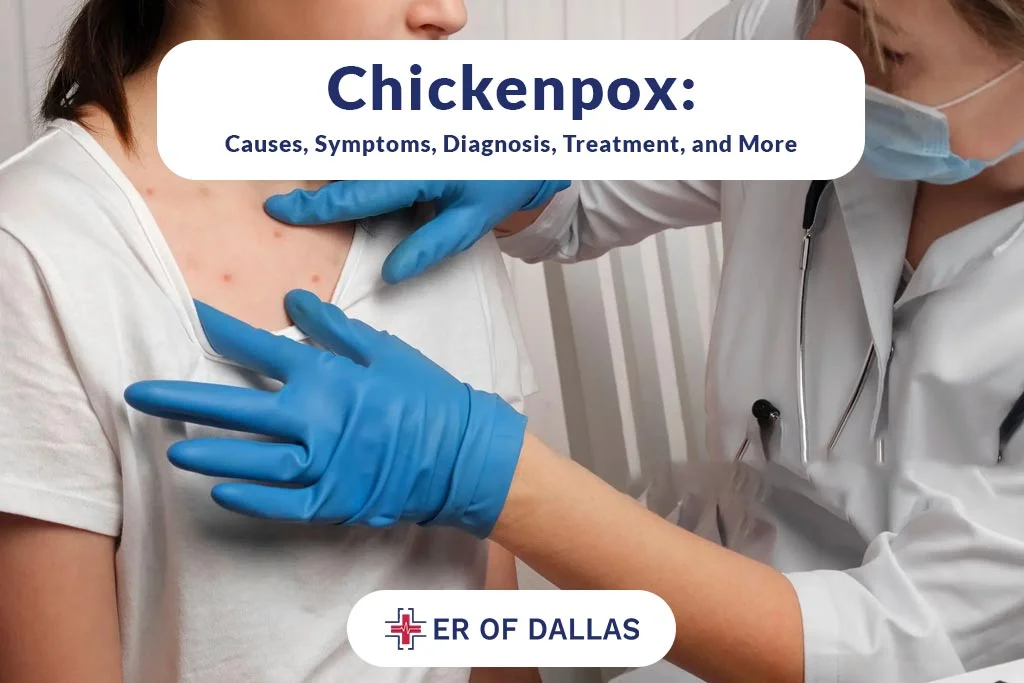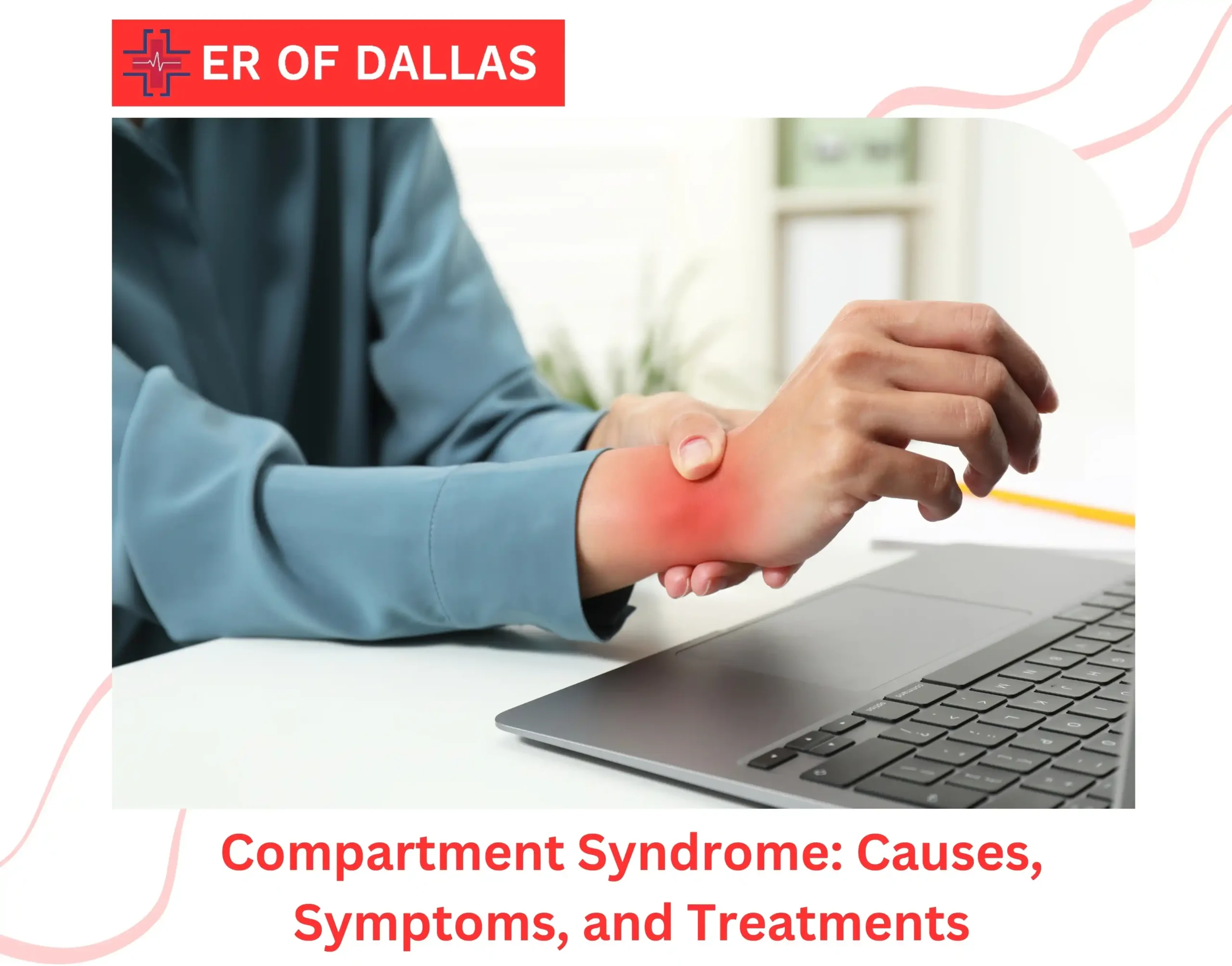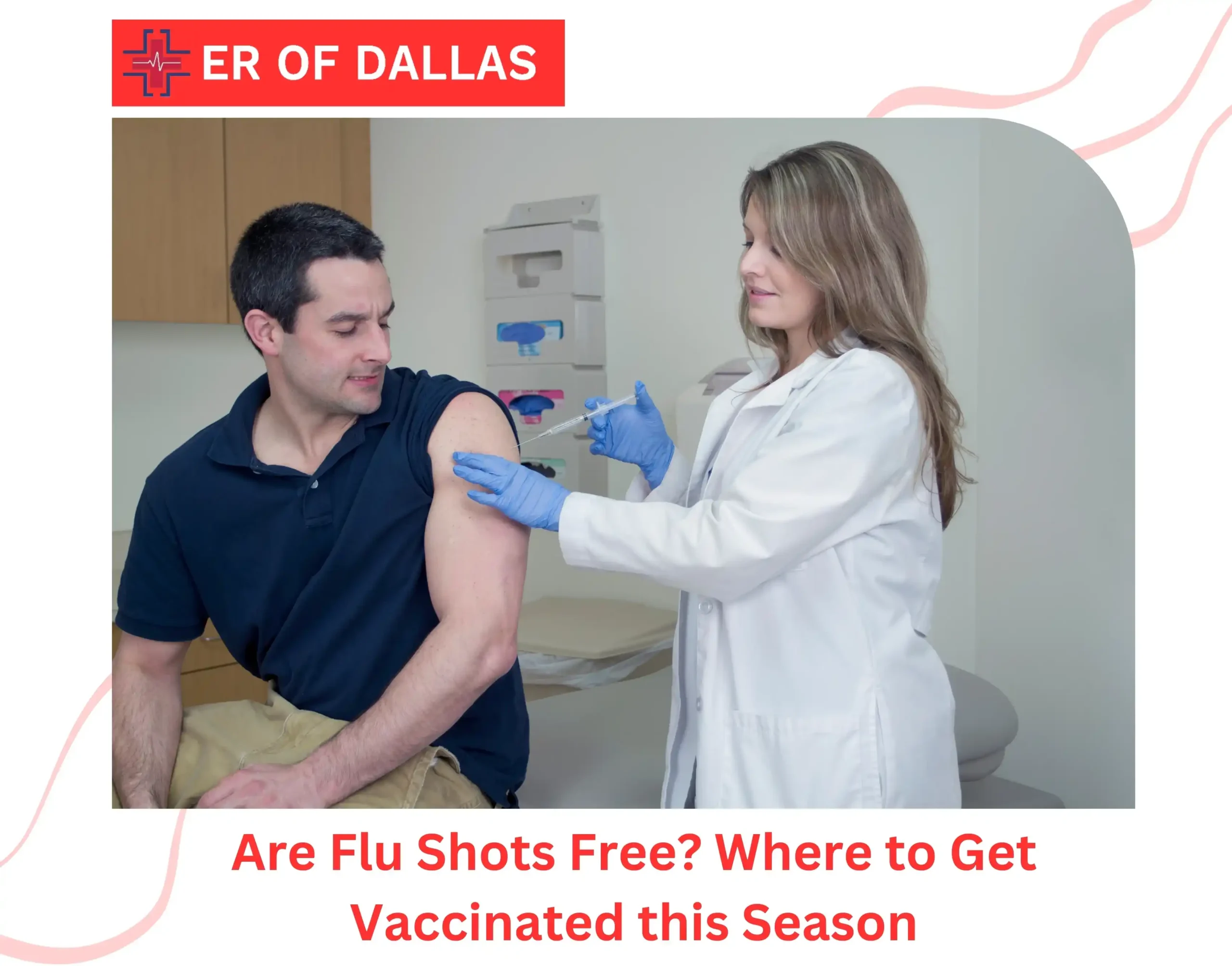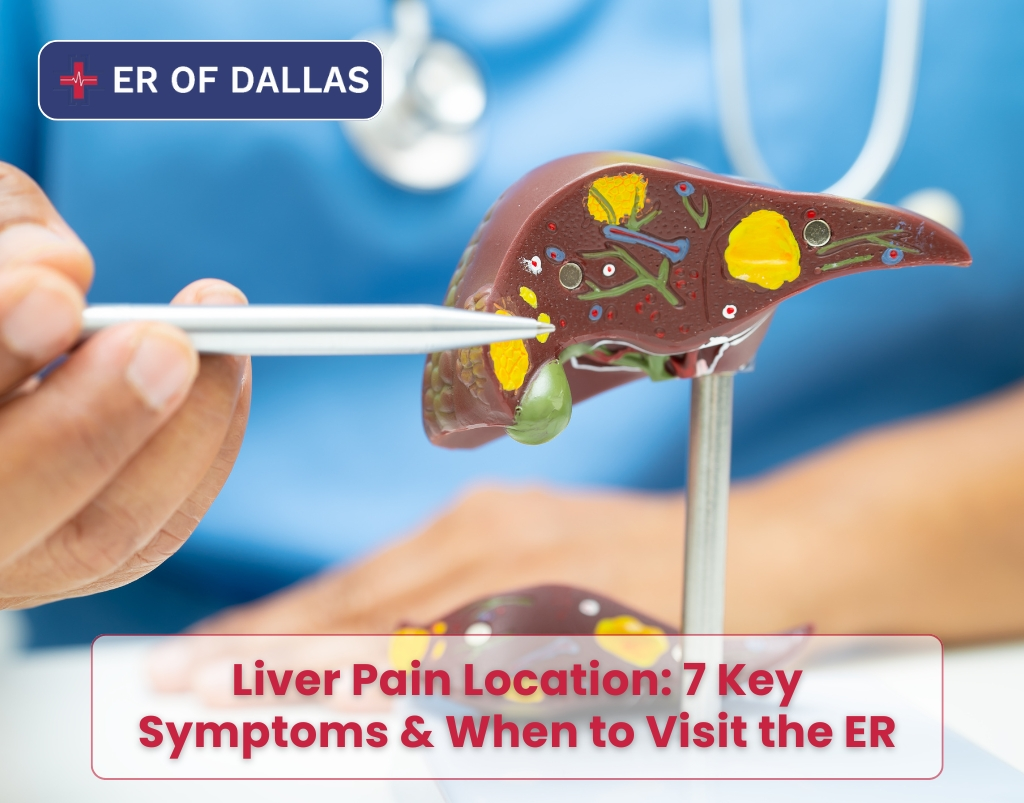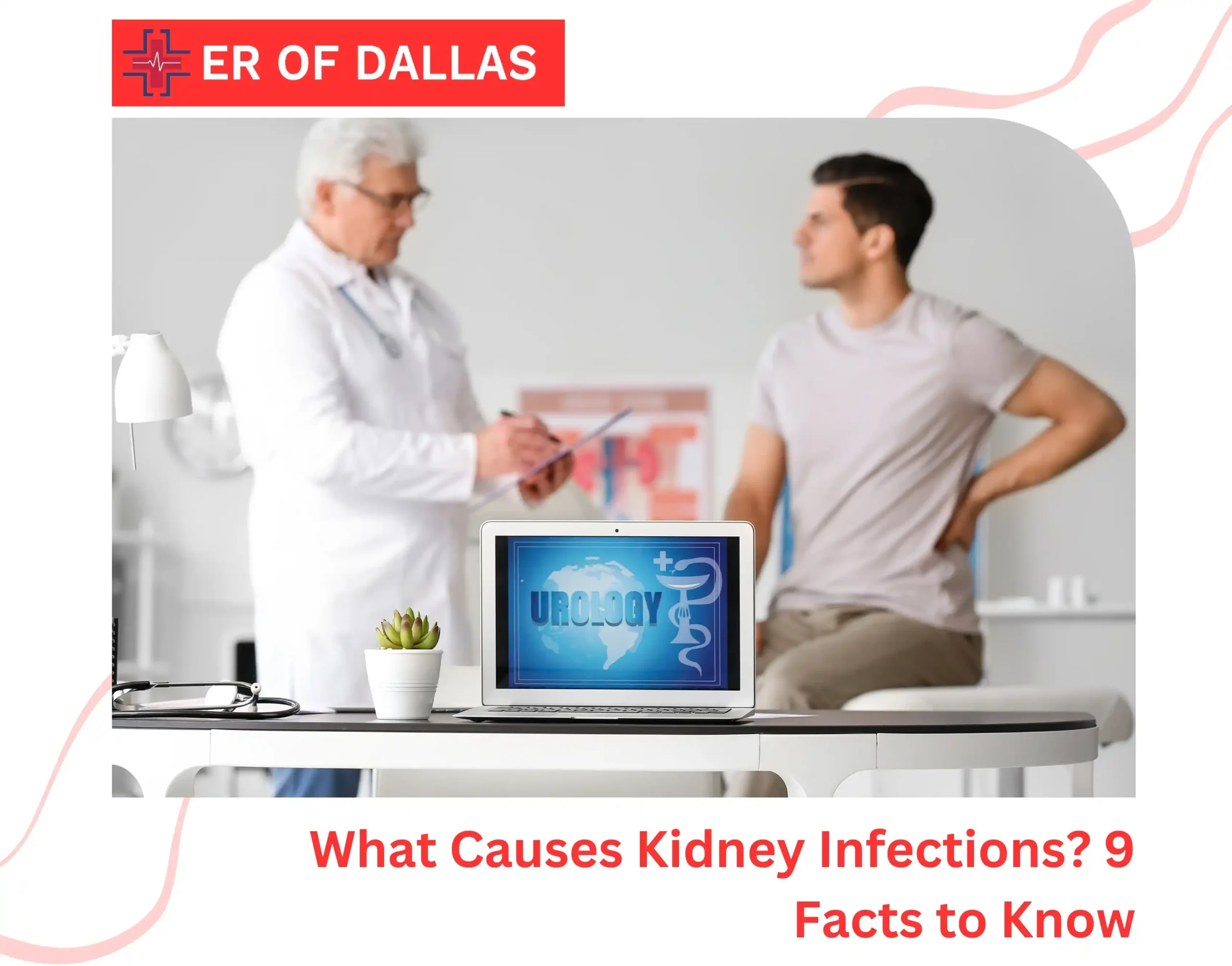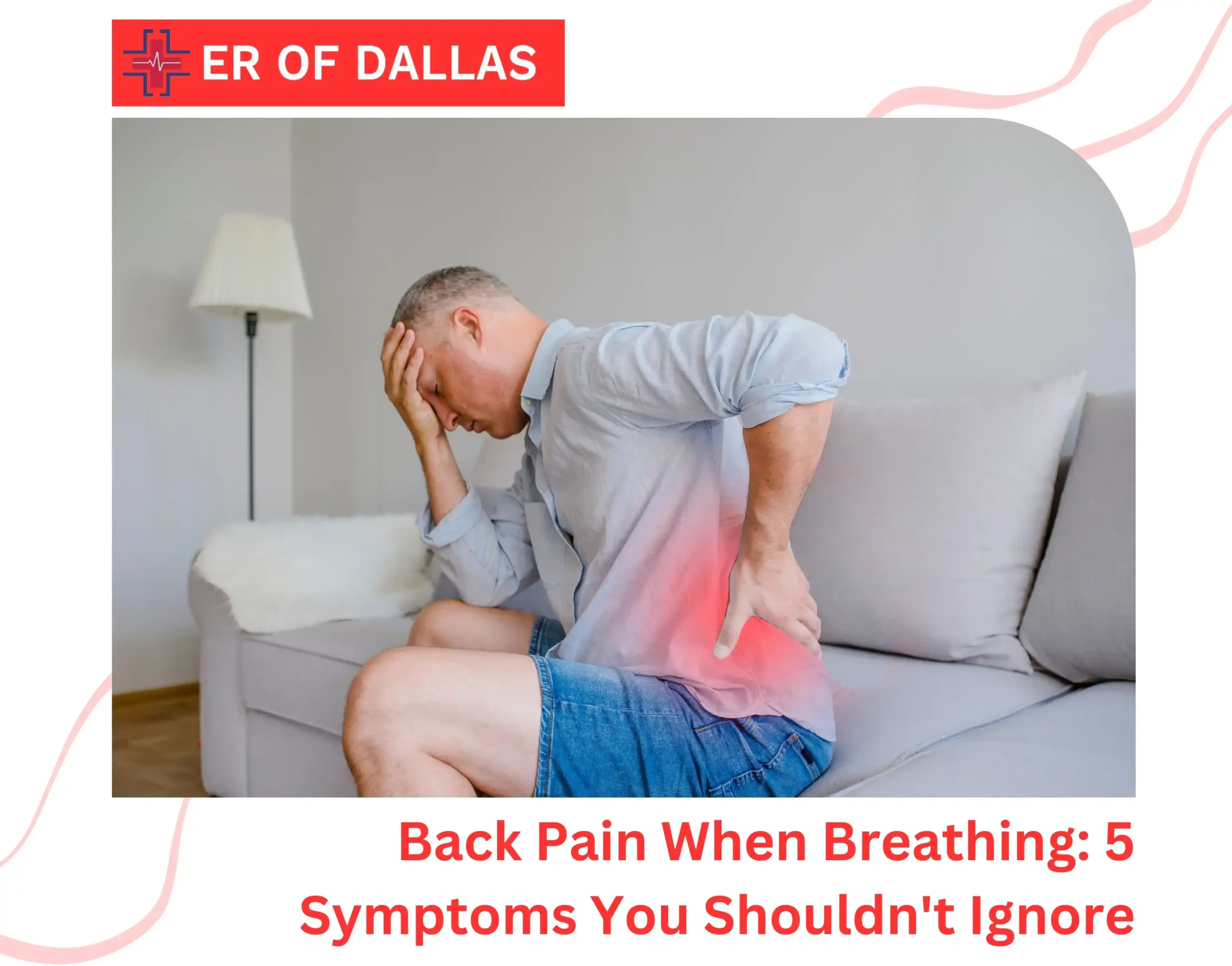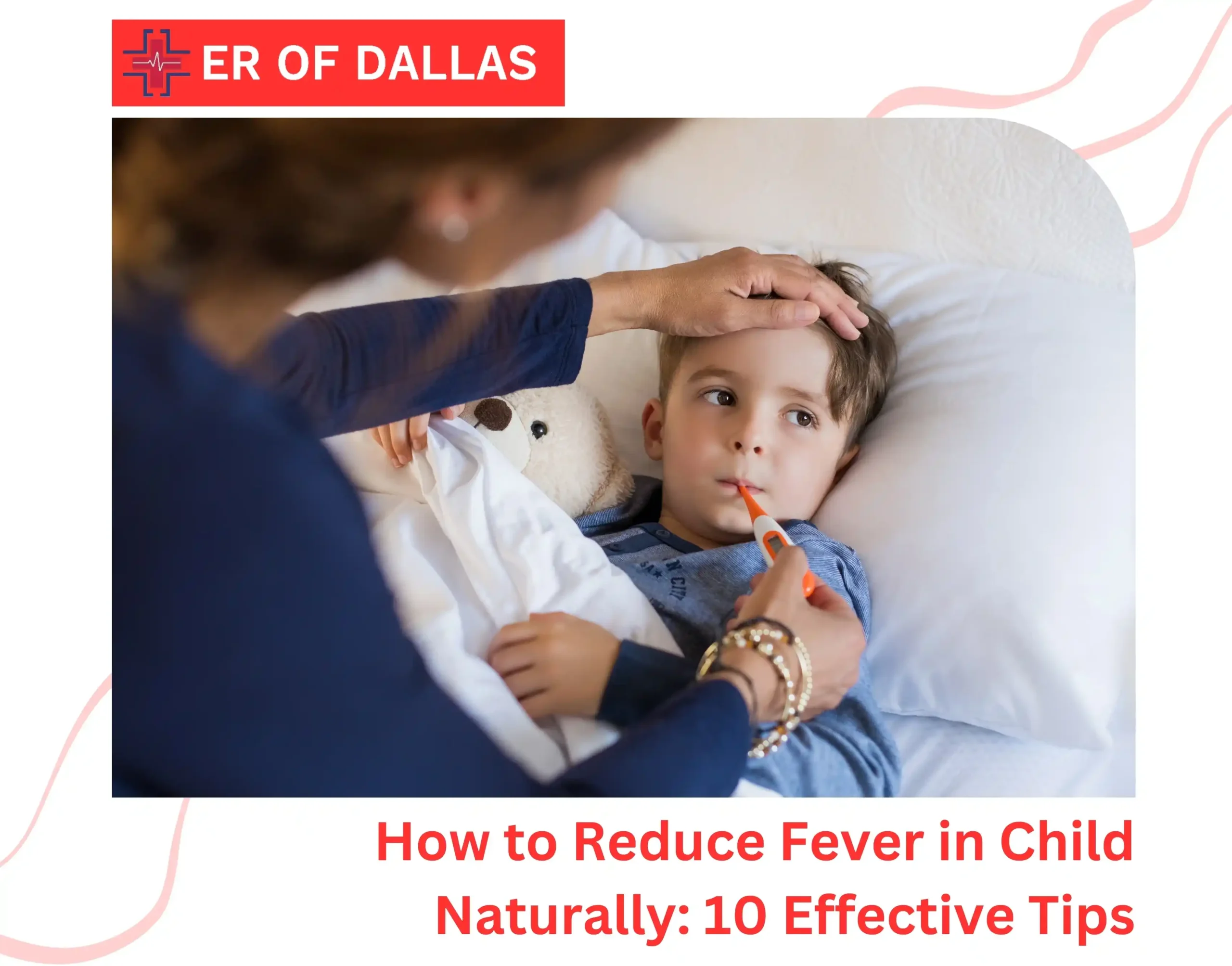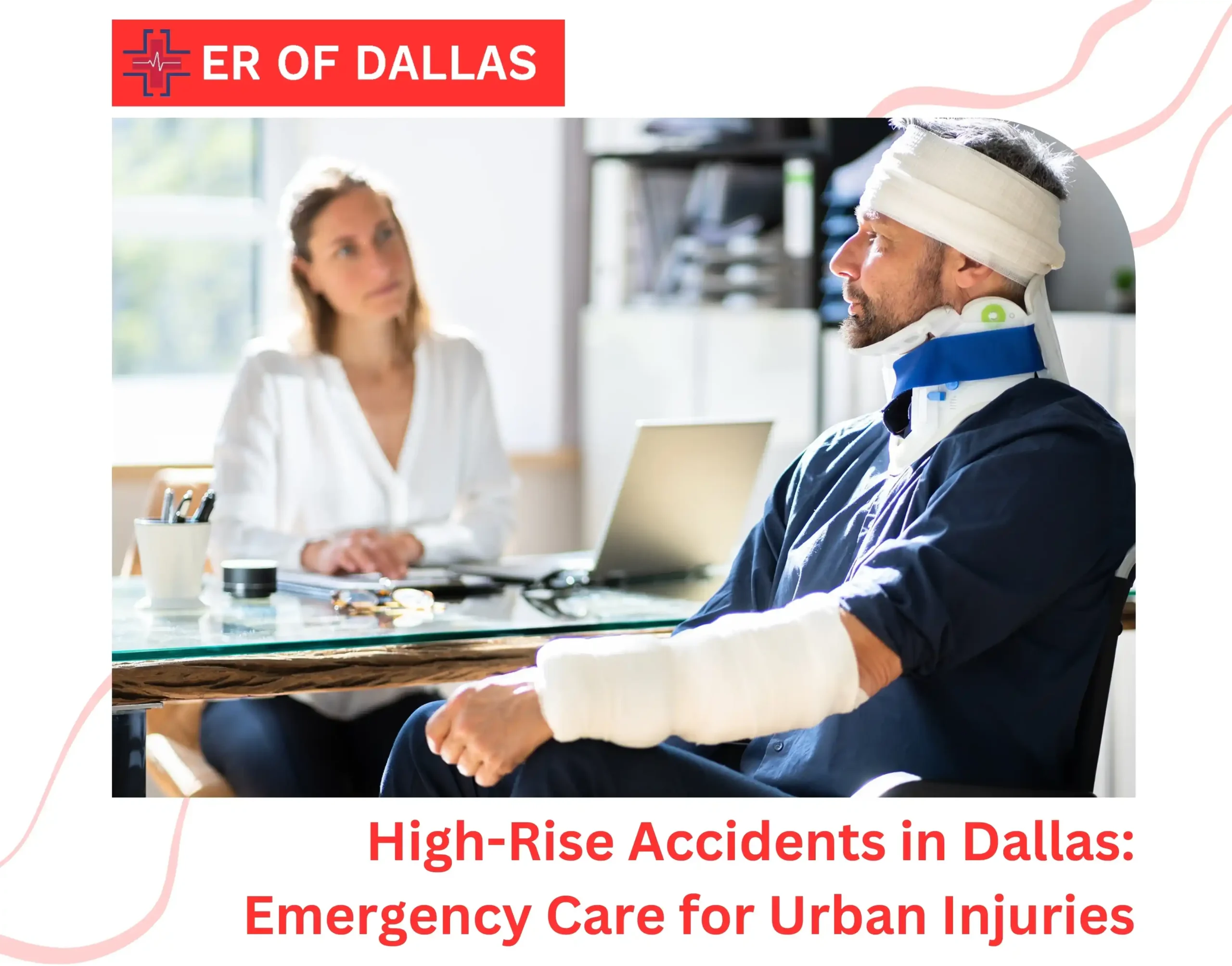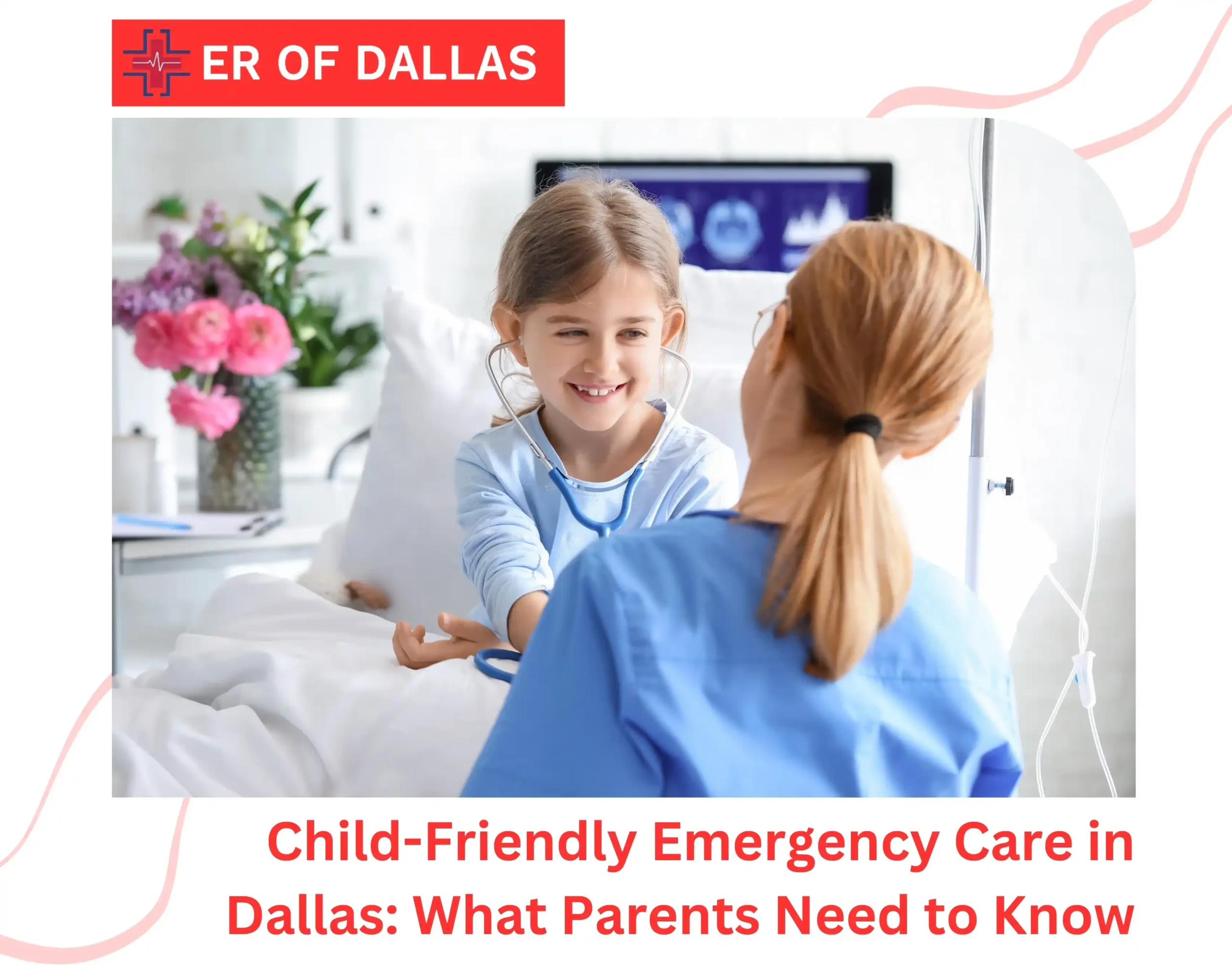Little red spots that turn into itchiness and fluid-filled blisters are the first signs of the rash. upward-pointing right arrow Usually, these blisters heal in a week or two, at which point they scab over.
Because chickenpox is so contagious, it can quickly spread from an infected person to individuals who have neither gotten the disease nor the immunization.
Even though it mostly affects children, people who have never had the disease or had the vaccination are nonetheless at risk of getting chickenpox. Adults and teenagers are especially vulnerable to the complications caused by chickenpox.
Before vaccination became widespread, almost every adult in the United States had had chickenpox before reaching adulthood. Since then, the number of hospitalizations related to chickenpox has dramatically dropped.
What is Chickenpox?
Varicella-zoster, another name for chickenpox, is characterized by a red rash that blisters and scabs. It is very contagious and spreads by bodily secretions and personal touch. One can prevent chickenpox by getting vaccinated.
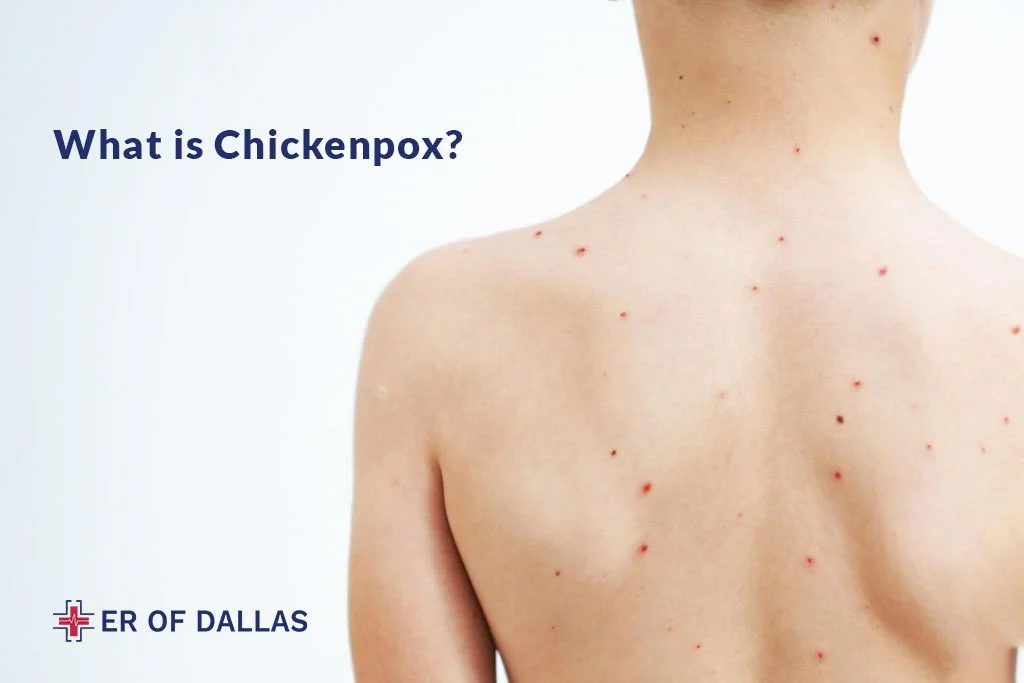
It is best to be vaccinated against chickenpox. When two doses of the immunization are given, the actual effectiveness of the vaccination in preventing the disease is about 94%. It is possible to have chickenpox even after receiving immunizations, however, this is uncommon and the sickness is usually milder.
To learn more about chickenpox, keep reading.
What Are The Three Stages of Chickenpox?
The three stages of chickenpox usually refer to the way the rash looks:
- Stage 1: Red and bumpy rash. This can last a few days.
- Stage 2: A fluid-filled blistered rash. The blisters break open after about one to two days.
- Stage 3: When the blisters scab over. This stage also lasts a few days.
Even though the rash goes through three stages, you could have all types of bumps at the same time. This means some bumps can be forming while others are already breaking open. The entire rash can last up to about 10 days.
Smallpox vs Chickenpox
Although the terms “pox” are used in their names, smallpox and chickenpox are two very distinct diseases.
These days, children still get chickenpox often, despite the availability of a vaccine. In 1980, the World Health Assembly proclaimed smallpox to be eradicated. Patients with smallpox reported having a severe fever and a potentially permanent skin rash. More than 30% of instances resulted in death, even though the majority would recover.
There is an overlap between smallpox and chickenpox in the first two to three days following the rash’s appearance. Non-medical personnel may find it practically impossible to distinguish between the symptoms and indications in the early stages.
Before the vaccination, there were about 4 million annual cases of the chickenpox virus. Thousands of cases resulted in hospitalization. Cases and hospitalizations have decreased since then.
Similar to smallpox instances, chickenpox patients acquire a rash that resembles blisters. This irritating rash starts on the face, back, and chest and then spreads to the rest of the body. Generally speaking, the smallpox rash appears later than the chickenpox rash. It usually affects the trunk of the body instead of the palms or soles.
Rashes from smallpox may start in the lips or on the face and work their way down the body. The pustules can cause significant discomfort as they boil and scab over. Pockmarks from the smallpox rash appear on the palms and soles and eventually migrate to the extremities.
Measles vs Chickenpox
People frequently confuse measles and chickenpox because of their similar symptoms. While neither of these disorders is life-threatening, they could have serious side effects if they are not treated right away.
Fall and winter are prime times for the spread of measles and chickenpox. The pandemic might spread quickly at this point. Individuals with compromised immune systems are more susceptible to these two disorders. A lot of individuals confuse measles with chickenpox.
Monkeypox vs Chickenpox
Even though you probably already know what chickenpox and monkeypox are, it never hurts to review their definitions.
According to the Centers for Disease Control and Prevention (CDC), monkeypox is a virus that can infect people and some animals. The CDC states that the variola virus, which causes smallpox, and the virus that causes monkeypox are related pathogens. Monkeypox and smallpox symptoms are similar, however, the latter is rarely fatal and the former is typically less severe. The CDC states that these symptoms may include:
- Headache
- Back pain and muscle aches
- Enlarged lymph nodes
- Feels Cold Tired
- A sore throat
- Congestion in the nose
- Cough
- Rashes on the hands, feet, chest, face, or mouth are possible locations for this rash, in addition to the genitalia or anus. The rash could hurt or irritate.
Particularly, the CDC claims there is no connection between chickenpox and monkeypox.
The varicella-zoster virus (VZV) is a highly contagious cause of chickenpox, according to the CDC. It can cause an itchy, blister-like rash that usually starts on the face, back, and chest and spreads throughout the body.
More than 3.5 million instances of the virus have been prevented since the chickenpox vaccine became accessible in the nation in 1995, according to the CDC. Before that, the illness was incredibly common throughout the nation.
Chickenpox Causes
The varicella-zoster virus is the cause of chickenpox. There are two ways the illness spreads:
- Through inhaling virus-carrying air droplets (from a chickenpox patient who coughs or sneezes)
- Through coming into proximity to a chickenpox rash
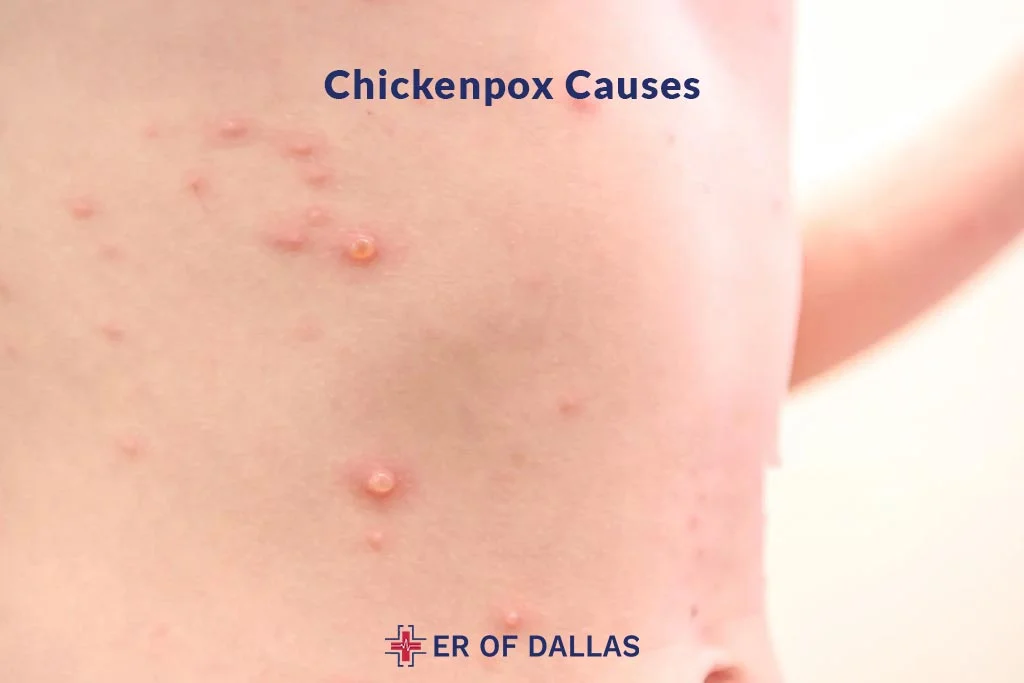
Only if you have never had chickenpox or had not had the vaccination puts you at high risk for contracting the illness in these circumstances. Immunity is typically acquired by vaccination or sickness.
Most cases of chickenpox are spread through close contact with an infected individual. Before the rash shows, the chickenpox might spread for one to two days, until all of the blisters have crusted over or turned into scabs. If the sores do not scab over, you are considered contagious until no new lesions emerge for 24 hours.
Furthermore, shingles, also known as herpes zoster, is a virus that a person who has had chickenpox may develop. Shingles are caused by the dormant (inactive) chickenpox virus reactivating later in life, which can cause an unbearably painful blistering rash.
Chickenpox Symptoms and Signs
Most often, a rash that turns into painful, fluid-filled blisters is used to diagnose chickenpox. upward-pointing right arrow This rash may start on the face, back, or chest and then spread to other parts of the body.
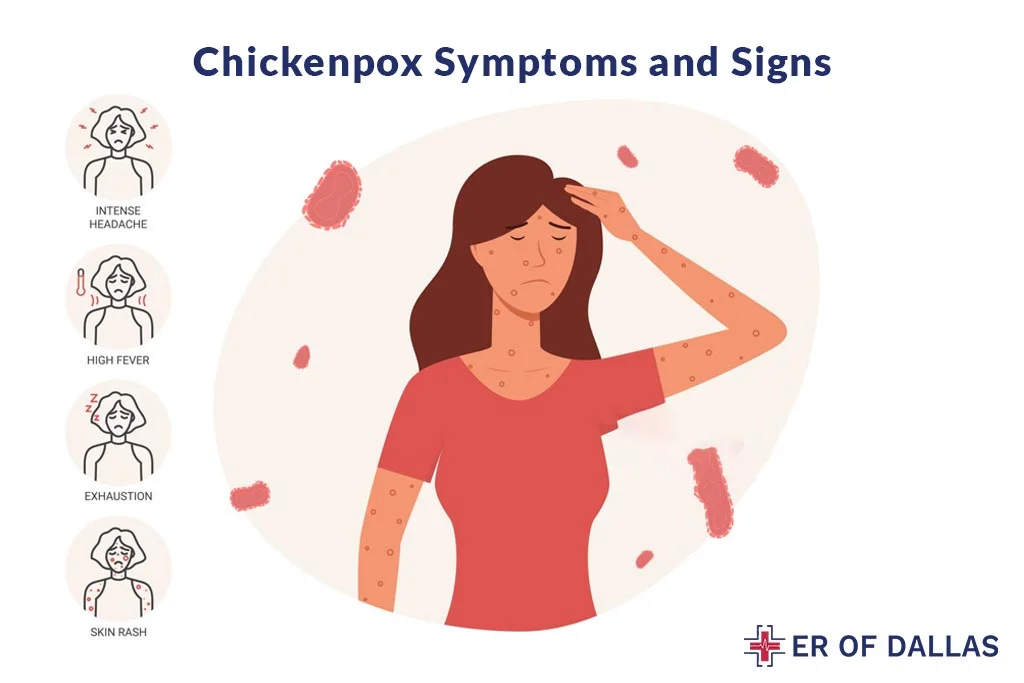
Within a week or so, chickenpox blisters typically harden and turn into scabs. Other common indications and symptoms of chickenpox consist of:
- Fever
- Headache
- Decreased Hunger
- Fatigue
A day or two before the rash appears, these symptoms and indicators may start to show themselves. If you have these symptoms and know that you have been exposed to the virus, it is best to stay at home and stop the chickenpox from spreading.
Adult Chickenpox
Although adults and older children can also contract chickenpox, small children account for the majority of cases.
Adults are more prone to have more severe cases and consequences when they contract chickenpox.
Your risk of developing chickenpox increases if you:
- Not previously had the virus
- Not had a vaccination for it
- Employment in a childcare or educational setting
- Cohabit with kids
Risk Factors of Chickenpox
Chickenpox can cause more serious secondary infections, brain enlargement or infection, or even death, while significant side effects are rare in healthy individuals.
Consequences of chickenpox are most common in infants, adolescents, adults, pregnant women, and those whose immune systems have been compromised by illness or drug use.
How is Chickenpox Diagnosed
The chickenpox rash is typically sufficient for a medical professional to make the diagnosis. Your ER physician may order laboratory testing, such as blood tests or culture of lesion samples, if there is any uncertainty regarding the cause of your rash.
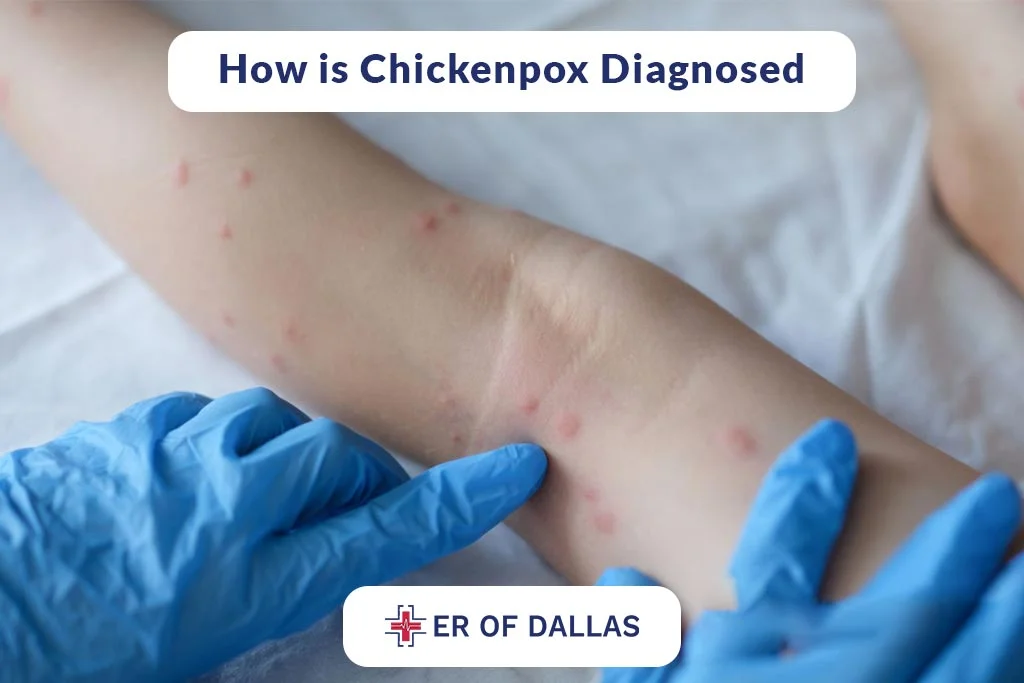
Prognosis of Chickenpox
The chickenpox rash progresses through three stages once it manifests: elevated nodules known as papules that appear over several days. Vesicles are tiny, fluid-filled blisters that develop in a day or so before breaking and leaking. The damaged blisters are covered in crusts and scabs, which require many additional days to cure.
Duration of Chickenpox
The chickenpox virus often manifests as symptoms, such as a rash, 10 to 21 days after exposure. The painful rash that results from chickenpox usually lasts for five to 10 days. Every blister typically takes a week or so to heal.
While the majority of chickenpox patients have a week or two of relief from their symptoms, the virus stays in the body throughout the illness. The virus doesn’t do anything in general.
Chickenpox Treatment and Medication Options
Rest, remaining at home, and using over-the-counter or homemade medications to lessen itching and suffering are the main treatments for most moderate instances of chickenpox disease.
Adults and children who are at risk for infection may be prescribed antiviral drugs to reduce the severity and length of chickenpox symptoms.
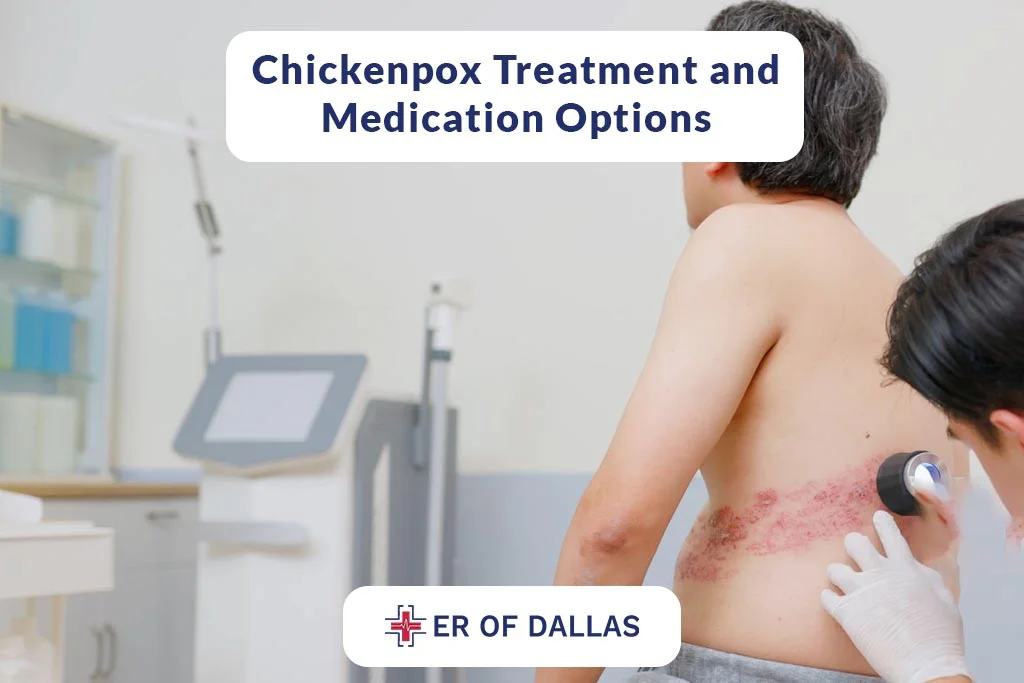
It is never appropriate to give aspirin to children or teenagers who have chickenpox. You run the risk of developing Reye’s syndrome, a fatal illness that causes the brain and liver to expand, by doing this. Additionally, before providing an adolescent or kid with chickenpox certain medications, including ibuprofen (Advil, Motrin), visit your doctor because some studies have linked the use of nonsteroidal anti-inflammatory drugs to tissue damage or skin infections.
Medication Options
The majority of the time, medication is not necessary to treat chickenpox. If you or your kid is experiencing significant itching, speak with your doctor about using an antihistamine to help manage the condition.
If you or your child has chickenpox, acetaminophen, sometimes known as Tylenol, can help lower fever.
One of the antiviral drugs that doctors usually provide to people who are more likely to experience complications from chickenpox is acyclovir (Zovirax, Sitavig).
For some people, famciclovir (Famvir) and valacyclovir (Valtrex) are good substitute antiviral drugs.
In some cases, your doctor may recommend getting the chickenpox vaccination three to five days after being exposed to the virus to prevent or minimize the illness.
Complementary and Alternative Therapies for Chickenpox
The majority of people just require pain relief and preventative steps to help avoid bacterial skin infections to recover from chickenpox. There are a few tried-and-true DIY solutions:
- Calamine lotion, applied on areas of irritation
- Oatmeal baths or baking soda baths
The itching from chickenpox may be reduced by taking a chilly bath with baking soda, aluminum acetate, uncooked oatmeal, or a colloidal oatmeal solution added.
Another method for relieving itching is a wet compress, which involves soaking a towel in cold water, covering it with an ice pack if preferred, and pressing it up against the skin.
Prevention of Chickenpox
Getting the immunization is the best way to avoid getting chickenpox. Those who have never had chickenpox are recommended to receive this immunization.
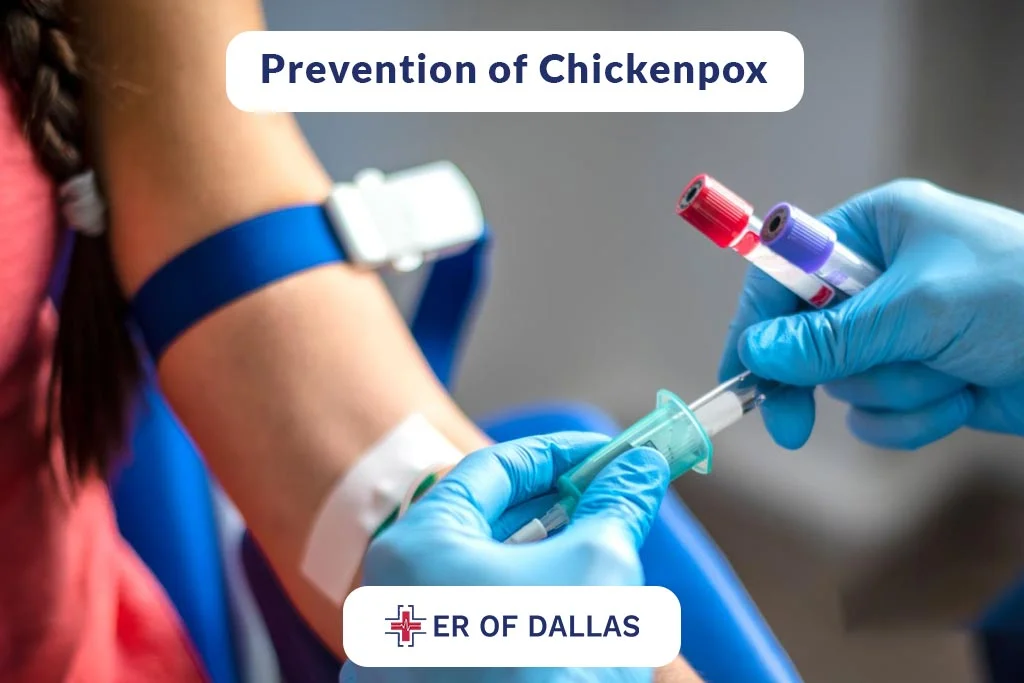
Two doses of the chickenpox vaccine are necessary to provide optimal protection. Most people who receive vaccinations never contract chickenpox, but those who do usually only show very mild symptoms, such as red spots without blisters and a low to nonexistent temperature.
If you have not had the sickness or the immunization, avoid close contact with anyone who is known to have chickenpox. In this case, see your doctor if you believe you may have come into contact with someone who has chickenpox.
Complications of Chickenpox
In healthy individuals, complications from chickenpox are rare and vary from minor secondary skin infections to potentially fatal brain enlargement.
Among the potential side effects of chickenpox are:
- Bacterial illness, which typically affects children’s skin and soft tissues
- Infection of the lung, pneumonia
- Infection or enlargement of the brain (encephalitis or cerebellar ataxia)
- Lack of water
- Bleeding issues
- Bloodstream infections in sepsis
- Demise
The groups most at risk of experiencing severe side effects are infants, teens, adults, pregnant women, and people whose immune systems have been compromised by disease or medication (e.g., cancer patients, HIV/AIDS patients, transplant recipients), as well as those undergoing chemotherapy, immunosuppressive drugs, or long-term steroid use. However, even the healthiest children might get chickenpox complications.
Some complications of chickenpox can be avoided, like skin infections that can be avoided by not picking at blisters; other complications are harder to avoid.
If you or your child shows symptoms of chickenpox, visiting a doctor for a diagnosis and treatment advice is the best way to avoid complications from the condition.
Pregnancy-related early-life chickenpox might cause the fetus to have certain problems, including:
- Low birth weight
- Anomalies of the legs
In these situations, the baby won’t have chickenpox at birth. However, a woman may contract a serious, potentially fatal illness if she contracts chickenpox soon before or after giving birth.
Statistics: What is the prevalence of chickenpox?
- At the age of fifteen, almost 90% of children had contracted chickenpox before the introduction of the vaccine in 1995.
- About 4 million cases of chickenpox were reported in the US annually in the early 1990s, with 100–150 fatalities.
- Hospitalizations and fatalities from chickenpox have decreased by more than 90% since the vaccine was released.
- The Centers for Disease Control and Prevention (CDC) predict that around 98% of individuals who receive both recommended doses of the chickenpox vaccine will receive complete protection, even if the vaccination does not prevent every case of the disease.
FAQs
Can You Get Shingles If You Never Had Chickenpox
Although you cannot contract shingles if you have never had chickenpox, it is crucial to understand the dangers involved in the illness. The varicella-zoster virus, or VZV, is the same virus that causes chickenpox and shingles. The shingles virus is the cause of chickenpox. This is a communicative rash that primarily affects youth.
Can You Get Monkeypox If You Had Chickenpox
There is a connection between the MPX virus and the smallpox virus. While the two have comparable symptoms, MPX symptoms are less severe than smallpox symptoms. Chickenpox has nothing to do with MPX. Being vaccinated against MPX does not confer natural immunity to chickenpox.
Do Chickenpox Scars Heal?
Throughout the body. The illness typically lasts three to four weeks. The chickenpox lesions will dry up and cure on their own, leaving no scars behind.
Drug Against Chickenpox?
Acyclovir (Sitavig, Zovirax) is an antiviral medicine that your doctor may prescribe if you already have symptoms or are at risk of developing severe chickenpox. It may assist in lessening the severity of your symptoms. The first dose must be taken within 24 hours of the rash appearing.
Chickenpox Vaccine Age?
For toddlers, adolescents, and adults to be protected against varicella, the CDC advises receiving two doses of the varicella vaccine (chickenpox). It is customary to advise children to receive their first dosage between the ages of 12 and 15 months and their second dose between the ages of 4 and 6 years.
A message from the ER of Dallas
The chickenpox virus killed thousands of people annually and resulted in thousands of hospital admissions before the development of a vaccine in 1995. Thanks to immunization, more than 90% of kids are shielded against the once-common chickenpox illness. If you are not vaccinated against chickenpox, you can still get it as an adult. Talk to your healthcare practitioner about being vaccinated if you have never had chickenpox.
Having a vaccination can reduce your risk of catching the virus, even though most cases are not harmful. Most children receive the chickenpox vaccination as part of their childhood immunization routine.
Visit the 24 hour pediatric urgent care to have the chickenpox vaccination if necessary to protect your loved ones.

